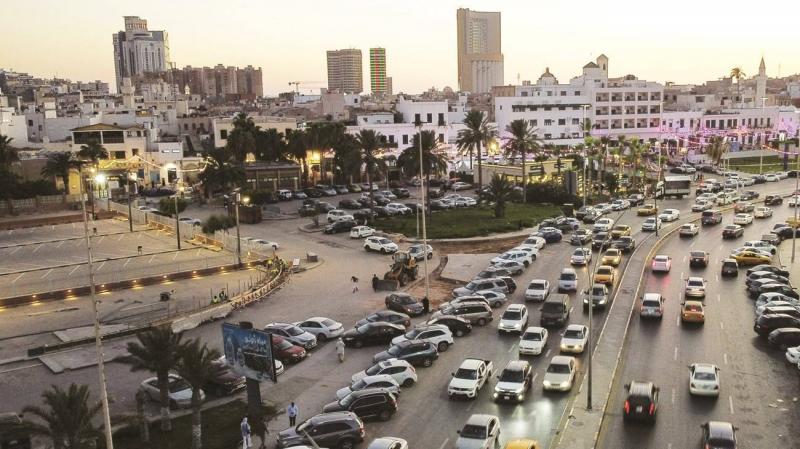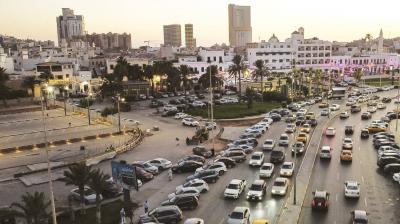The President of the Libyan Parliament, Aguila Saleh, emphasized that a solution in Libya can only be achieved through conducting presidential and parliamentary elections, allowing Libyans the freedom to choose through free, fair, and transparent elections. Saleh stressed the necessity of forming a unified government throughout the country to organize and oversee the elections, pointing out that the existence of such a government would end the division and serve the interests of the Libyan people. This statement was made during his meeting with the Deputy Special Envoy of the United Nations Secretary-General and Acting Head of the UN mission in Libya, Stephanie Williams, and her accompanying delegation, according to a statement posted yesterday on the Libyan Parliament's website.
During their meeting in the Libyan city of Al-Quba, Saleh and Williams discussed the latest developments in Libya and ways to end the political crisis that has led to repeated delays in organizing presidential, parliamentary, and municipal elections. Saleh explained that the Libyan Parliament has fulfilled all requirements by issuing the 13th constitutional amendment and enacting the laws for presidential and parliamentary elections in a manner that reflects the will of the Libyan people without exclusion or marginalization of anyone.
For her part, Stephanie Williams praised the efforts made by the Parliament and its leadership to conduct the electoral process and unify institutions through their efforts to form a unified government. Williams noted on the UN Support Mission in Libya's account on the platform "X": "I discussed with the President of the Parliament, Counselor Aguila Saleh, the contentious political issues regarding the electoral laws and the need for Libyan leaders to engage in constructive dialogue to form a unified government that will lead Libya to elections. The President of the Parliament confirmed his support for a political process facilitated by the United Nations."
In recent days, Williams met with the President of the Presidential Council, Mohamed Menfi, the Prime Minister of the interim Government of National Unity, Abdulhamid Dbeibah, and the Chairman of the High State Council, Mohamed Takala, in Tripoli, in addition to the Commander of the Libyan National Army, Khalifa Haftar, where she discussed several political and economic files with them. The discussions focused on the recent developments in Libya and ways to advance the political process to prepare the country for elections and reach consensus solutions to achieve that goal.




